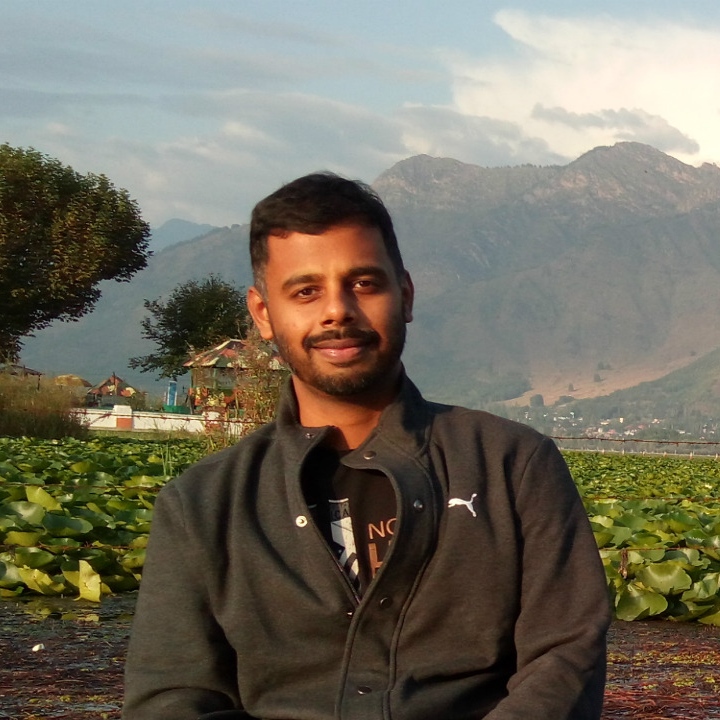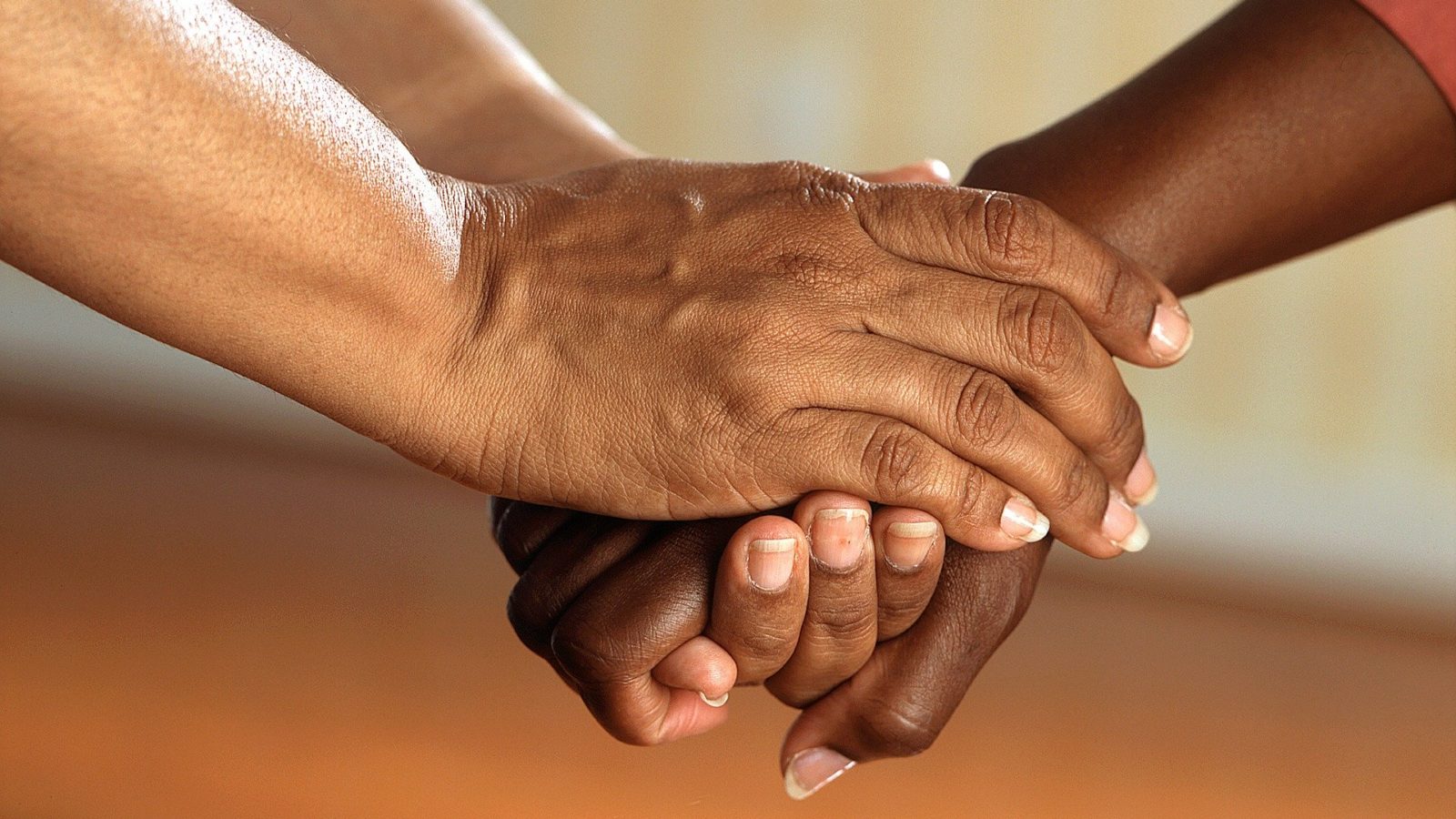There are more conversations around mental health and well-being in India today—good news indeed for a country that’s been called the suicide capital of the region, and where one in five adults is expected to face some kind of mental health problem by 2020. But even as awareness grows, and more and more celebrities champion the cause, another thing’s becoming increasingly important. And that’s using the right vocabulary to talk about mental health.
India has less than 4000 mental health professionals for a population of 1.2 billion. Diagnosis of disorders and access to treatment remains a challenge, and social stigma makes it worse for sufferers to seek help. “There is no one pill to cure any mental health condition. Hence, words and language matter,” says Dr Raghu Kiran Appasani. The Los Angeles-based Indian-origin doctor runs the MINDS foundation that has worked since 2010 to overcome stigma around mental disorders, and to increase awareness and education through programmes in rural and urban India. His parents are, understandably, proud of what he’s achieved at such a young age. “But when I tell them that I have a therapist, they ask me: What’s wrong with you?” he chuckles.
This is not uncommon: even educated and progressive individuals , who know enough to steer clear of offensive words like ‘paagal’ (mad) or ‘psycho’ when referring to those with mental conditions, can unwittingly fall prey to other pitfalls, such as blaming (the sufferer), and dismissing or trivialising these incidents. A large part of this can be attributed to our educational and socio-cultural traditions that didn’t really have much room for discussions about mental health. At other times, it could arise from genuine confusion about the terms that have newly entered the public conversation.
Thrive Global India spoke to experts to find out how to talk about mental health, and equally importantly, how NOT to. Here are some clear don’ts.
Don’t blame: The key to remember here is that mental health issues happen to people, but the issues don’t define the person who suffers from it. “You wouldn’t say –‘XYZ is a damn diabetic’, right? You say so-and-so has diabetes. And that’s how it should be with mental health too,” says Dr Arun John, Executive Vice President of The Vandrevala Foundation. In some cases, people ask the sufferer: ‘what did you do?’ instead of ‘what happened to you?’, which implies that it was their fault in the first place. Saying that a person has, or is dealing with, a specific problem or disorder rather than calling them depressed, paranoid or suicidal is more sensitive, medically accurate, and also consistent with how we treat other illnesses of the body.
Don’t dismiss: Mental health issues are more common than we think. Saying ‘it’s all in the mind’ or ‘you just need to snap out of it’ is very insensitive. If someone thinks there’s something wrong, or wants to seek help, support them as best as you can. Also remember that different people may experience mental issues differently. For example, in his rural programmes, Dr Appasani and his team use words like ‘sadness’ or ‘pain’ instead of more complicated ones like ‘isolation’ or loneliness’ because the former, too, could be associated with certain conditions. In other cases, mental health can manifest in somatic symptoms, such as chronic physical pain or fatigue, he says.
Don’t trivialise: In our young, urban lingo, words like bipolar, schizophrenic or OCD (obsessive compulsive disorder) are medical terms, but they’re often used in lighter or frivolous contexts: for example to describe mood swings or fussiness that are part of one’s normal emotional make-up. The word ‘stress’ has also become a generic substitute for mental illness (stress is just one part of mental health)—but Dr Appasani says at least it means that people are talking about it.
Don’t sensationalise: The pressure of ‘headline generation’ often means that news outlets swoop on events where extreme depression may have driven someone to suicide. Articles describe in graphic detail why and how the incident occurred, what the person wrote or said before the act, what they used to commit the act, etc. Dr John says this is extremely disturbing. “You’re giving all these specifics to people who may be on the brink, and who shouldn’t be reading or watching those things. For example, we have seen copycat suicides from the Bandra Worli Sea Link. The media should behave responsibly and follow international reporting standards when talking about such cases,” he says.
Despite the above, Dr Appasani feels the time isn’t right to call out people who don’t use ‘politically correct’ words to describe mental health. “Instead of policing people’s language, we need to educate them kindly,” he says.
“It’s hard to tell a 45-year old shopkeeper that he needs to choose more sensitive words. Such changes take an entire generation. Hence, mental health education should begin from school. The right terminology should be used in school books,” says Dr. John. Pausing, he adds, “For that matter, companies also need to do it—from airline staffers to Human Resources teams, and people in the PR and advertising industries, they all need to consciously stop using words like ‘deaf and dumb’ or ‘blind’ and say hearing, speech or visually impaired instead. Only then will the conversation change.”
Want to share your story of how you thrive? Write to us at [email protected]


